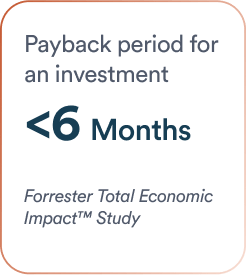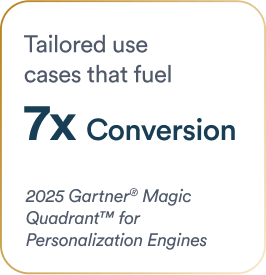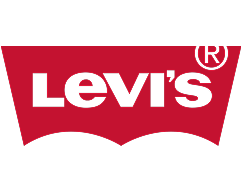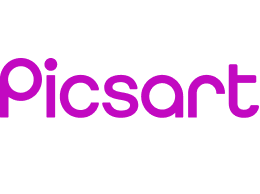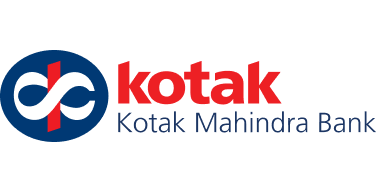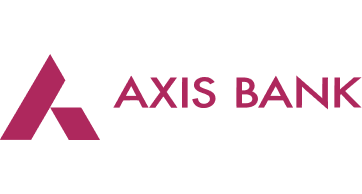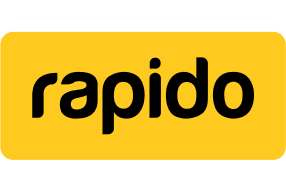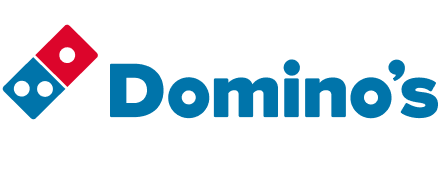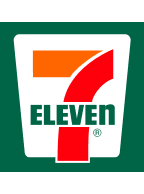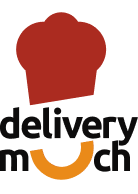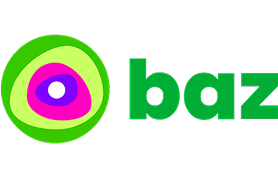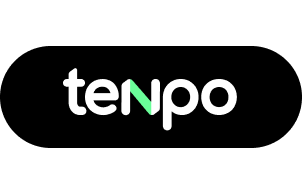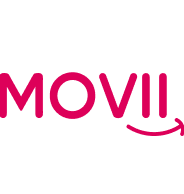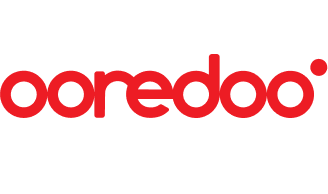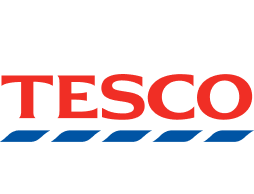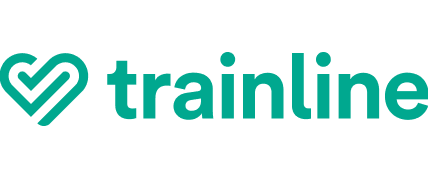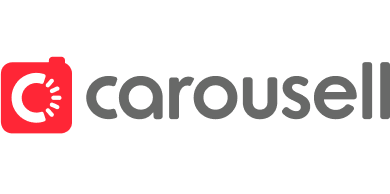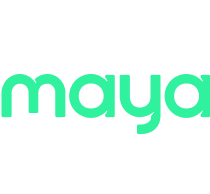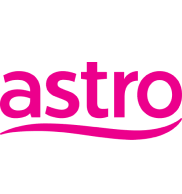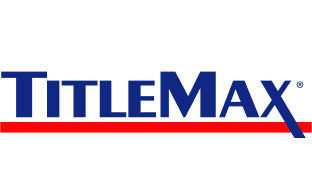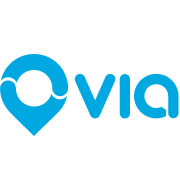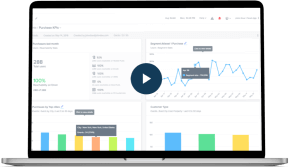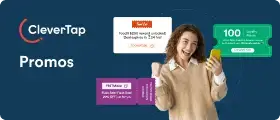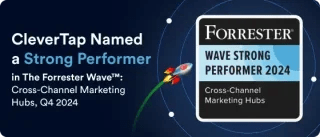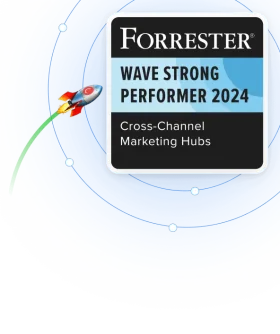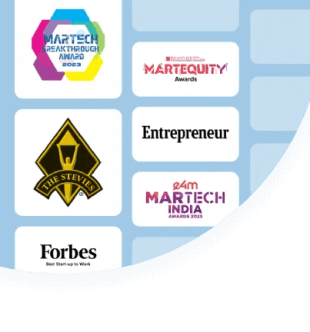Today’s consumers have come to expect relevance and timeliness with every interaction. Whether they are new customers or existing, they expect brands to know them as well as their closest friends.
We call this relationship marketing.
So as a marketer, how do you meet your KPIs while delivering on the promise of relationship marketing? How do you optimize your marketing ROI while staying relevant at each touchpoint?
That’s where CleverTap’s Intelligent Data Science Engine – Coeus – comes in.
The engine allows marketers to predict the outcome of any combination of events in the future. For example,
- How many tickets will be sold for an event in the next 15 days?
- How many people will view a product in your new lookbook in the next 7 days?
- How many users will uninstall your app in the next 10 days?
But numeric prediction is only interesting if you can improve the outcome. Our machine learning-assisted, intent based segmentation modeling allows you to do so.
Save predictions as goals and CleverTap will automatically create 3 micro-segments: users most likely, moderately likely, and least-likely to meet your goal. Like any segment in CleverTap, these intent based segments can be used for targeted journeys and campaigns.
Make Every Interaction Extraordinary
CleverTap’s data science methodology is based on a simple premise: focus your engagement efforts based on user intent.
Goal-based marketing vs. rule-based marketing to maximize campaign ROI
A cookie-cutter, rule-based approach maps static behavior and attributes like demographics and technographics. In contrast, a goal-based approach identifies the most likely customer segmentation strategy to achieve an outcome based on hundreds of dynamic, digital signals for a much more contextual, tailored approach.
This allows marketers to identify actionable audience segments that have a higher probability to convert or react favorably.
Automated micro-segmentation based on user intent
CleverTap’s Coeus Data Science Engine reveals most likely, moderately likely, and least likely customer segments based on hundreds of data points in the path a user has taken, and the actions that they are most likely to take in the future. This helps marketers continually refine their target audience for each business goal and engage their audience thoughtfully.
Fully automated workflow for faster engagement
The intent based segmentation workflow is simplified and completely automated using ML so that marketers do not waste time on guesswork and can devise targeted engagement campaigns much faster than with a rule-based approach.
Intent Based Segmentation Example
John is a marketer of an online ticketing app. His app has 50M+ downloads and has sold over 100M tickets to date across 150 cities.
There is a big movie release coming up, and he is tasked with maximizing ticket sales in the next 30 days. His goal is to sell out 500K tickets across all screens.
What is the first step in achieving this goal?
Identifying the audience most likely to meet the goal.
John makes a few guesses in order to find people most likely to purchase the movie ticket.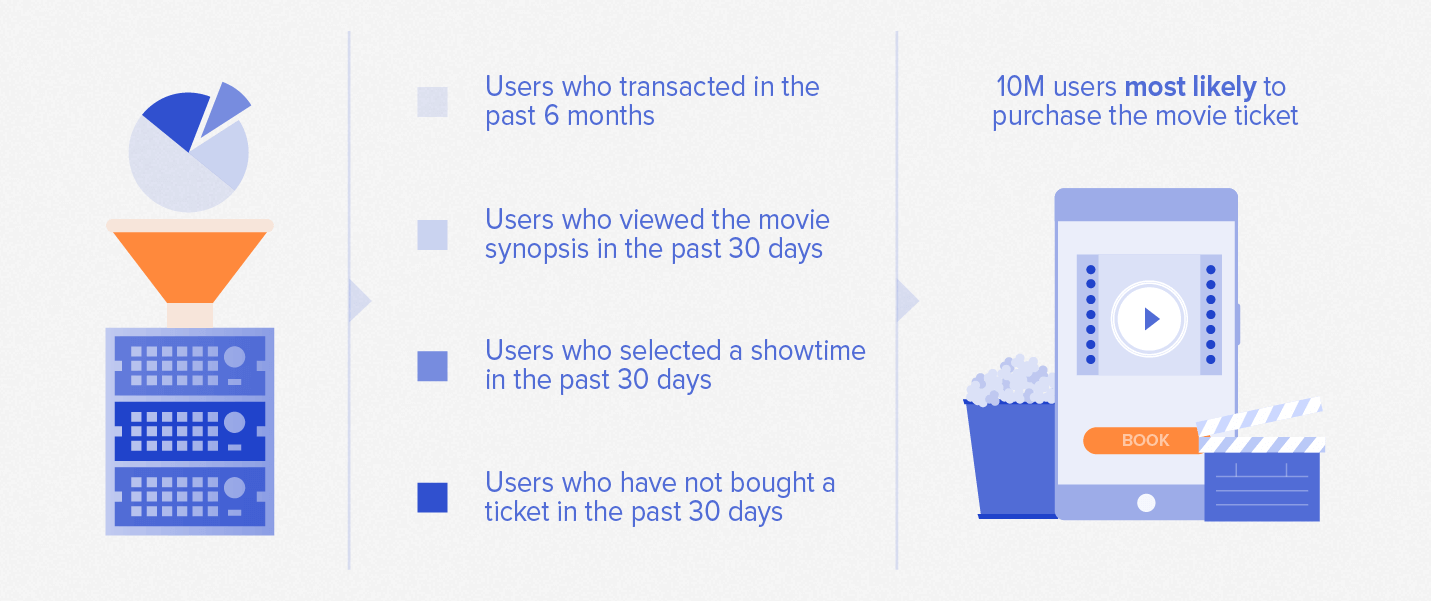
This traditional rule-based segmentation approach essentially shows which users performed a particular set of behaviors in the past. John still has no idea which users are more likely than others to meet his goal of 500K tickets in the future. So he spends a significant portion of his annual marketing budget to send campaigns to all 10M users, most of whom were unlikely to buy. The campaigns results in 1.2% conversion which means about 120K users go ahead with a purchase.
In contrast, the data science engine creates an intent model for this goal by considering millions of different data points as inputs:
- How frequently does a user visit?
- Which users clicked on a specific campaign?
- When was a user’s most recent visit?
- How many times has a user transacted in the past?
With this intent based approach, 3 potential outcomes are possible: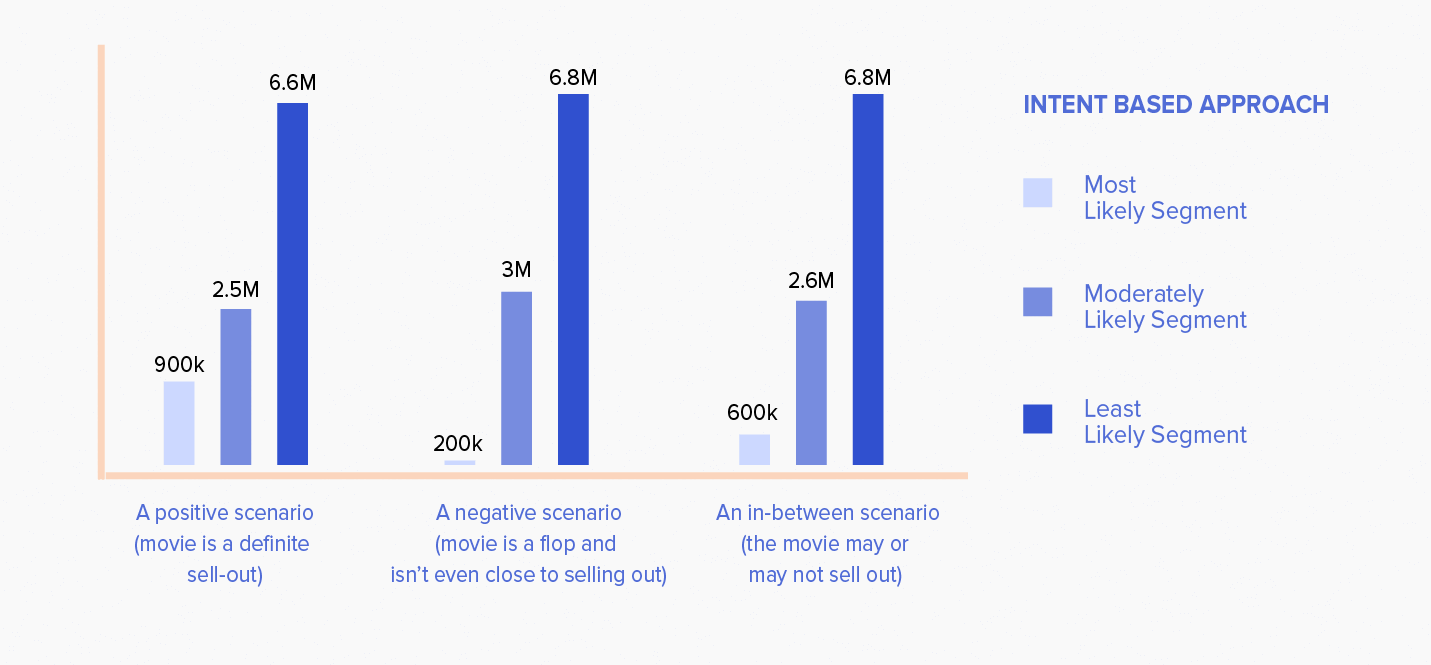
In each scenario, John has a significantly higher number of users in the most likely segment alone (as compared to 120K that converted without using prediction) that are likely to convert but haven’t yet.
What can John do to improve the outcome in each of these scenarios?
| Without Intent Based Segmentation (Rule-based marketing strategy) | With Intent Based Segmentation (Goal-based marketing strategy) | |
|---|---|---|
1. A positive scenario (movie is a definite sell-out) | John spends a lot of marketing budget on unnecessary promotional campaigns, a waste of time and resources. | Since the movie is going to be a sell-out, John only needs to do minimal promotion — saving himself and the company a lot of extra work and money. |
2. A negative scenario (movie is a flop and may not be close to selling out) | John sends a campaign to users in the top 50 cities, but doesn’t see positive results. | John knows the show is unlikely to sell out. Using CleverTap’s intent based segments, he leaves the most likely segment alone, since they’re likely to convert without much prompting. |
3. An in-between scenario (the movie may or may not sell out) | Without specific user segments, John ends up spamming all users in 150 cities with a generic promotion. This results in a low campaign ROI. | With an understanding of user intent, John has much greater control over his engagement strategy. |
Explore More: Understanding Behavioral Segmentation in Marketing with Examples & Strategies
4 Steps to Get Started with Intent Based Segmentation Techniques
CleverTap’s prediction workflow is designed to directly drive business goals like improving conversion, acquisition, and retention rates.
Step 1: Define a Goal
Using event properties, define the behavior you want to encourage (e.g. purchases) or prevent (e.g. uninstalls) for a certain duration.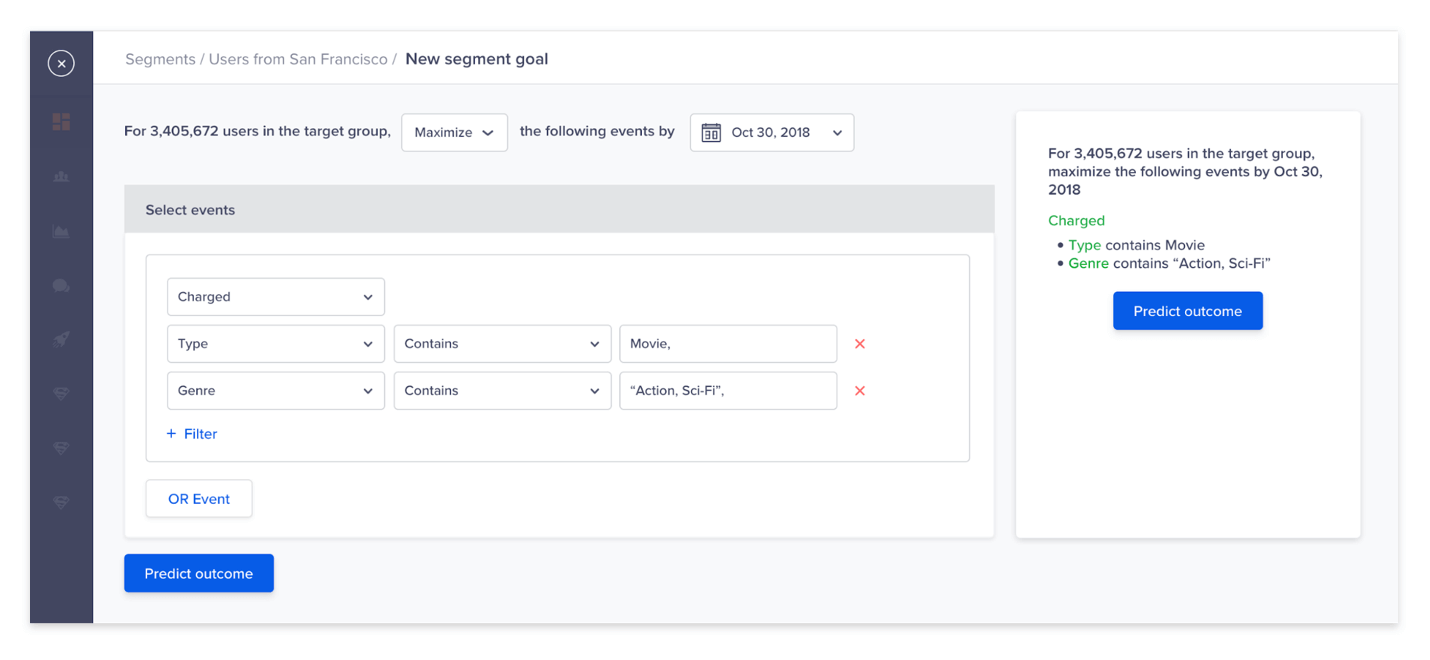
Step 2: Let the Data Science Engine Predict the Outcome
Once you define the goal, CleverTap runs data science models to predict the likelihood you will meet your goal in your selected timeframe.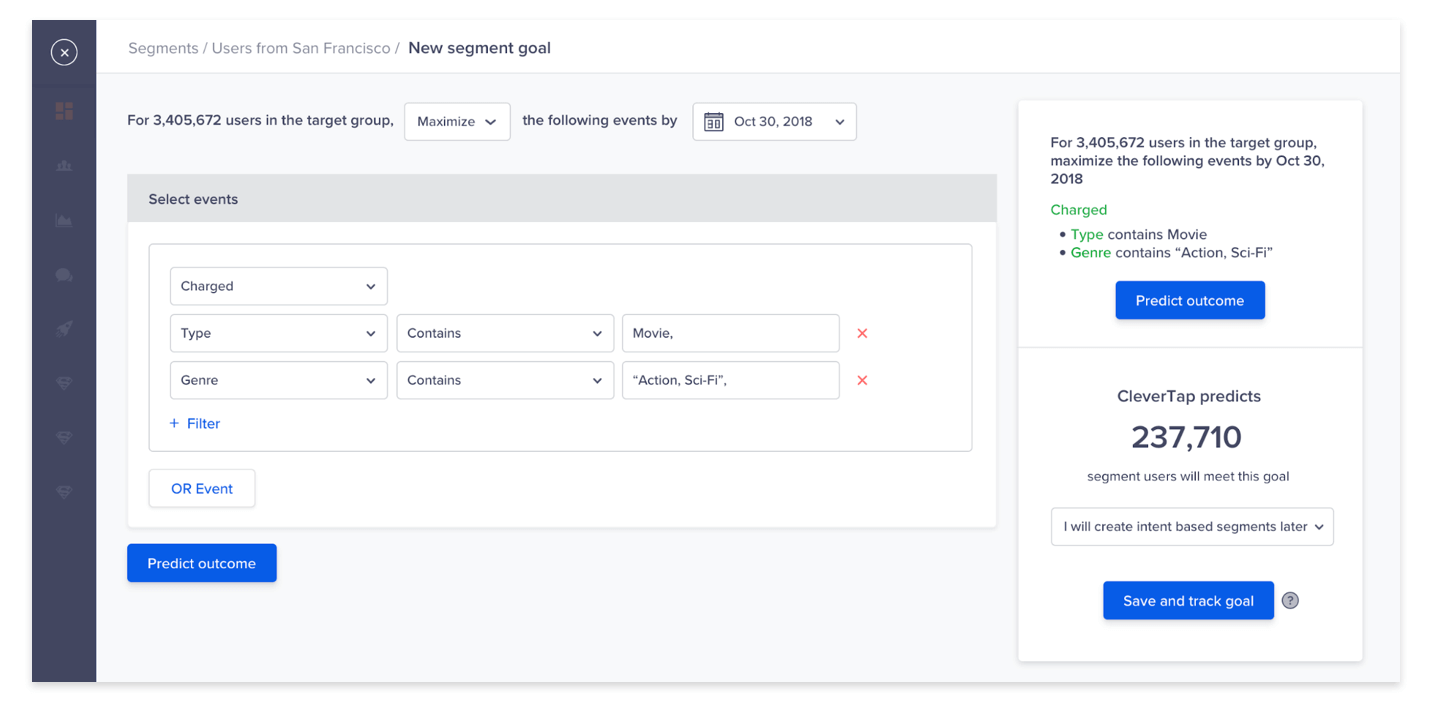
Step 3: Identify Intent Based Segments
The data science engine identifies intent based segments that will help you achieve your defined goal. It tells you which users from your selected audience are most likely, moderately likely, and least likely to meet your goal.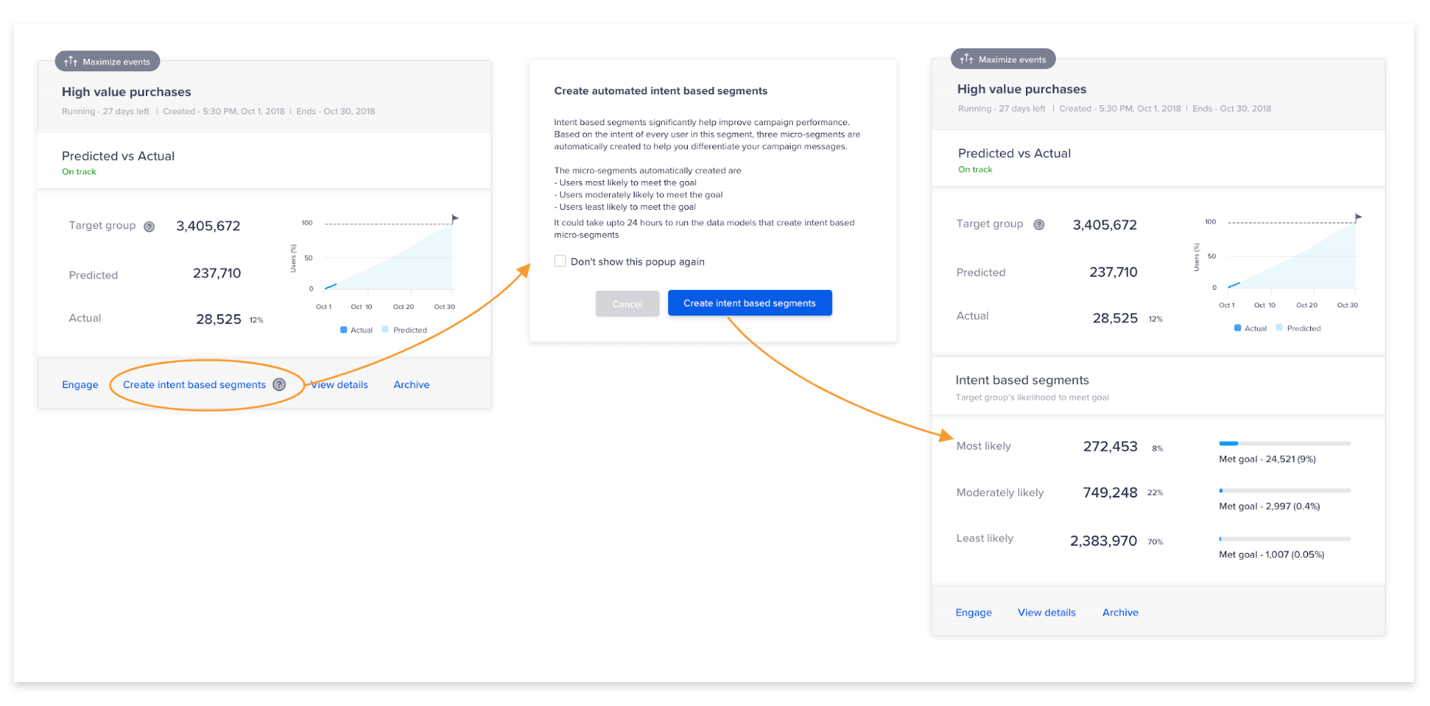
Step 4: Engage the Segments to Achieve the Desired Goal
Engage each segment with targeted messaging to achieve your goal. This eliminates the need to guess the right content or target audience for campaigns.
Get Started with Intent Based Segmentation
Marketers have never been closer to creating meaningful engagements with users across the entire end-to-end digital journey.
CleverTap reimagines how marketers engage customers across millions of touchpoints everyday. With a powerful data science workflow for driving business goals and KPIs, we run optimization models to help marketers find the right audience based on intent for hyper-targeted omnichannel engagement opportunities.
Intent Based segmentation is a part of our newly launched ‘AI pack’ exclusively for our enterprise customers. The beta for this premium feature goes live on October 17th. Visit your CleverTap dashboard to get started or contact sales@clevertap.com to find out what intent based segmentation can do for your growth team.
Mrinal Parekh 
Leads Product Marketing & Analyst Relations.Expert in cross-channel marketing strategies & platforms.
Free Customer Engagement Guides
Join our newsletter for actionable tips and proven strategies to grow your business and engage your customers.



